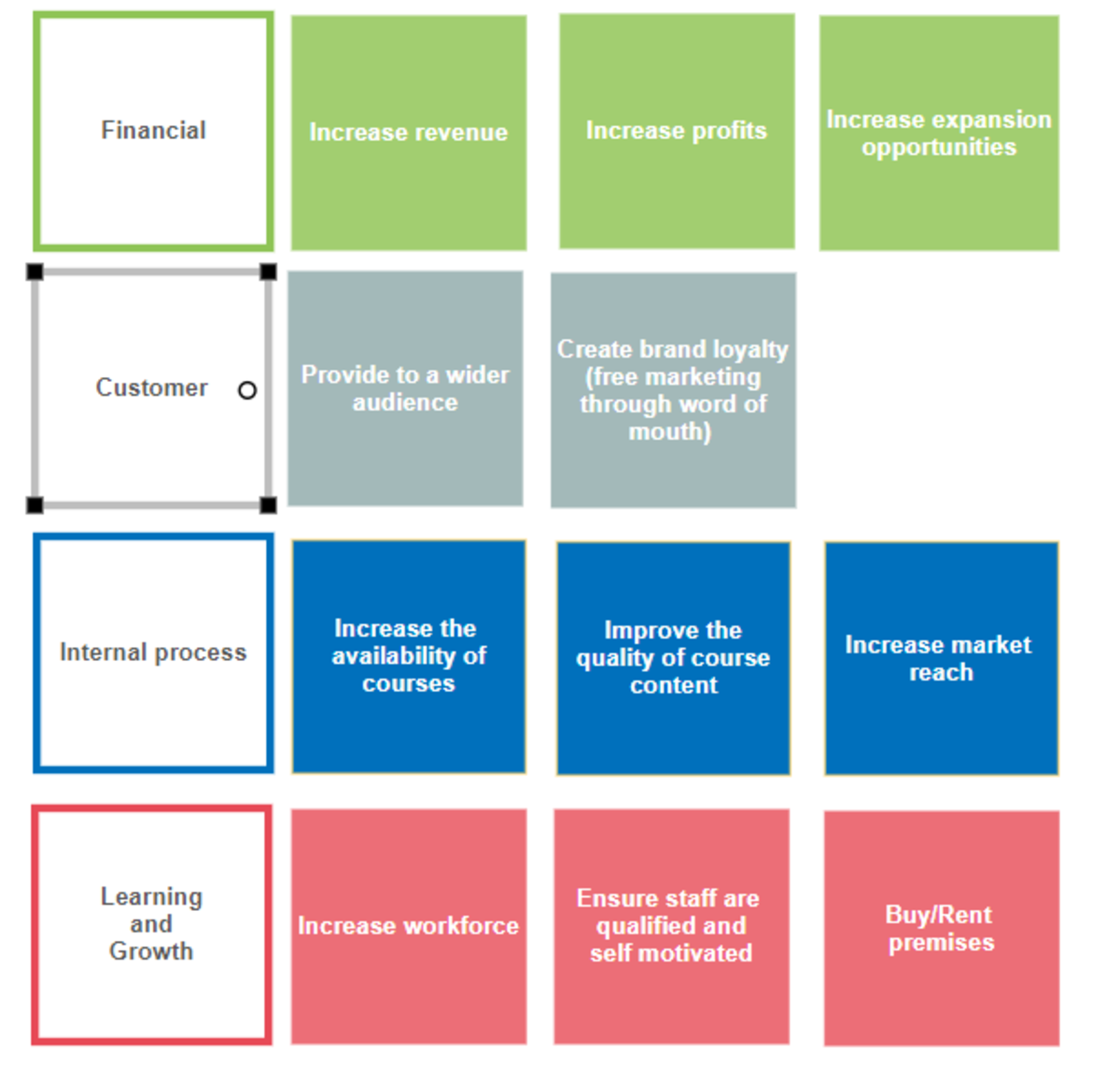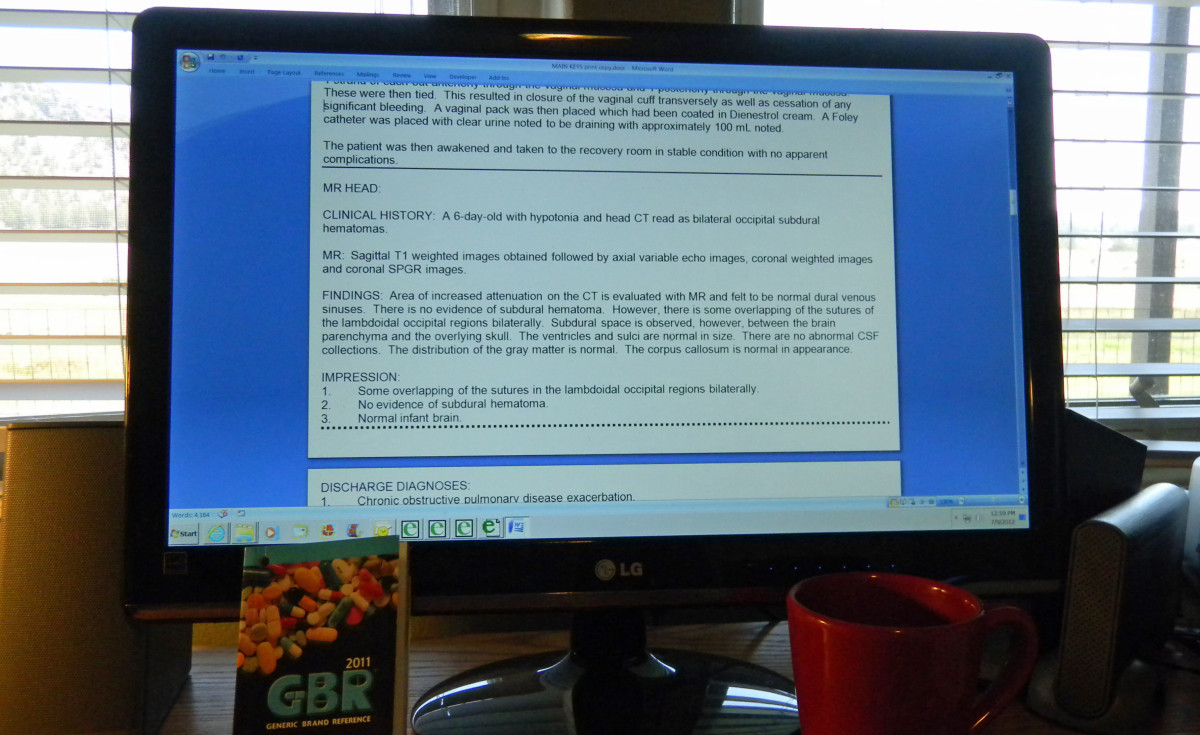Perception and the Workplace

Perception is an interesting process that relies upon an individuals' selection, organization, and interpretation of information. There are many ways that a persons' perception can be corrupted, but I think that the first issue arrives with how perceptive a person is. What I mean is that some people are very perceptive; they are always listening and watching. Others are less in tune to their environment. Salience plays a major role in some peoples' perceptiveness; if you are expecting something, you're more likely to be paying attention.
Other influences include learned schema, internal attributions (behavior caused by personal characteristics), external attributions (behavior caused by an external factor), the fundamental attribution error (making an internal attribution when an event/behavior was caused by an external factor), self-serving bias (successes caused by self, failures are caused by external factors), and many more.

In a professional role, first impressions, specifically under the primacy effect, are especially important. Other than that, schema and attributions are important.
The changes in perception between a professional and a personal setting would depend on the professional environment. A group of people who work together all week, every week and who go out together after work will develop personal relationships. In a strictly professional environment, expectations would be based on the learned schema and not attributions to a persons' character.

In order to avoid perceptual errors, it is important that people think things through in a logical fashion. For instance, if you have a friend or coworker cancel plans or call out at the last minute, it would be fair to assume that they have an actual issue. However, if the same person is always doing this with no sign of a physical, mental, or environmental ailment, they are probably lying; though this is not always the case.





